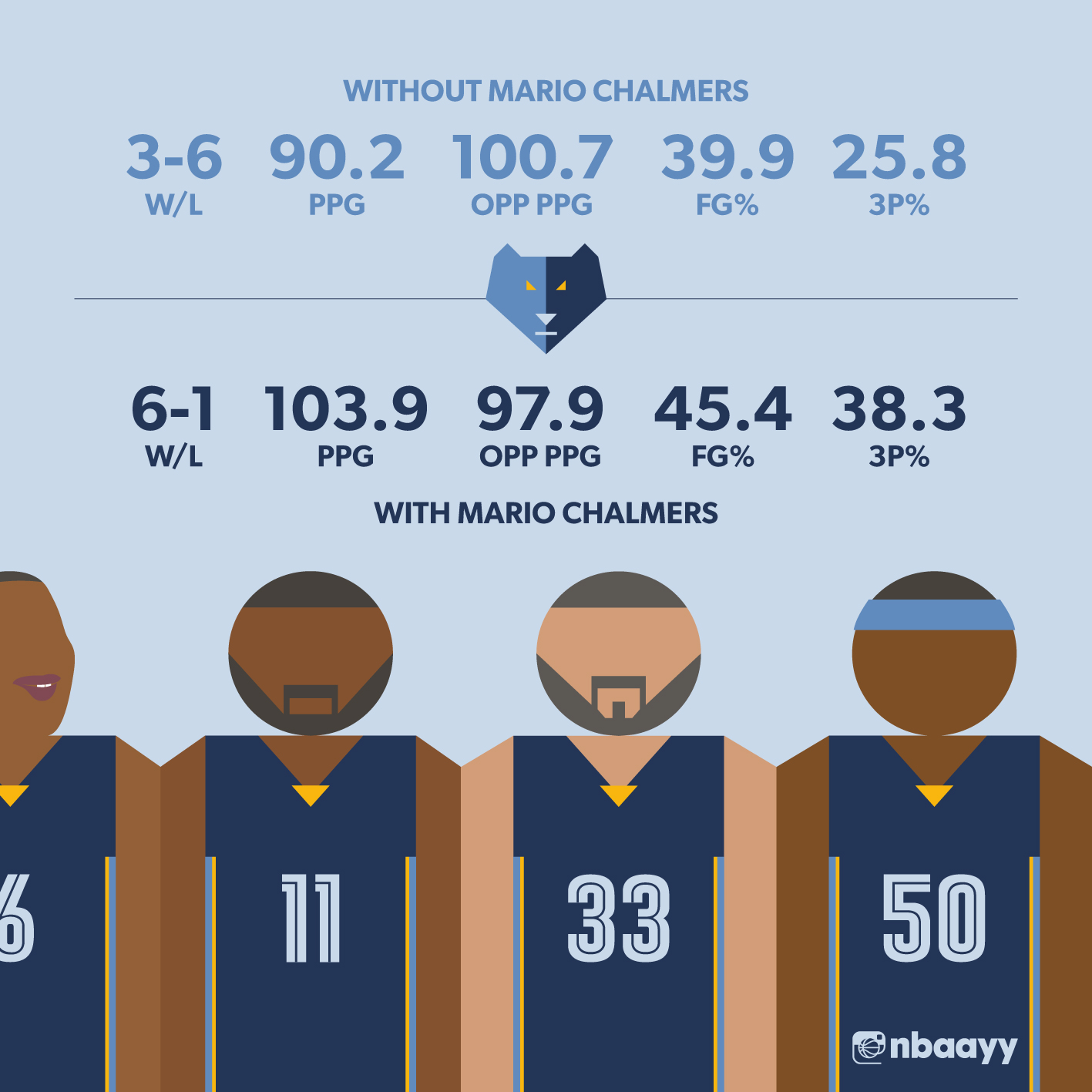http://espn.go.com/nba/story/_/id/10740818/introducing-real-plus-minus
What is real plus-minus?
As the name suggests, real plus-minus shares a family resemblance with the +/- stat in
the box score, which merely registers the net change in score (plus or minus) while each player is on the court.
RPM is inspired by the same underlying +/- logic: If a team outscores its opponents when a player is on the court, he's probably doing something to help his team, whether or not he's putting up big numbers.
But the familiar +/- stat has a serious flaw: Each player's rating is heavily influenced by the play of his on-court teammates.
For example, in the basic +/- numbers, Thunder backup point guard
Reggie Jackson is ranked 27th in the league. But he's also spent the majority of his minutes playing alongside
Kevin Durant, the league's likely MVP. What we really want to know is how much of Jackson's elite rating is attributable to his own play, and basic +/- simply can't tell us.
But real plus-minus can.
----------------------------------------------------------------------------------------
- RPM: Player's estimated on-court impact on team performance, measured in net point differential per 100 offensive and defensive possessions. RPM takes into account teammates, opponents and additional factors
====================================================
Real plus-minus (RPM) was developed by Jeremias Engelmann, formerly of thePhoenix Suns, in consultation with Steve Ilardi, University of Kansas psychology professor and former NBA consultant.
It follows the development of adjusted plus-minus (APM) by several analysts and regularized adjusted plus-minus (RAPM) by Joe Sill.
RPM reflects enhancements to RAPM by Engelmann, among them the use of Bayesian priors, aging curves, score of the game and extensive out-of-sample testing to improve RPM's predictive accuracy.


